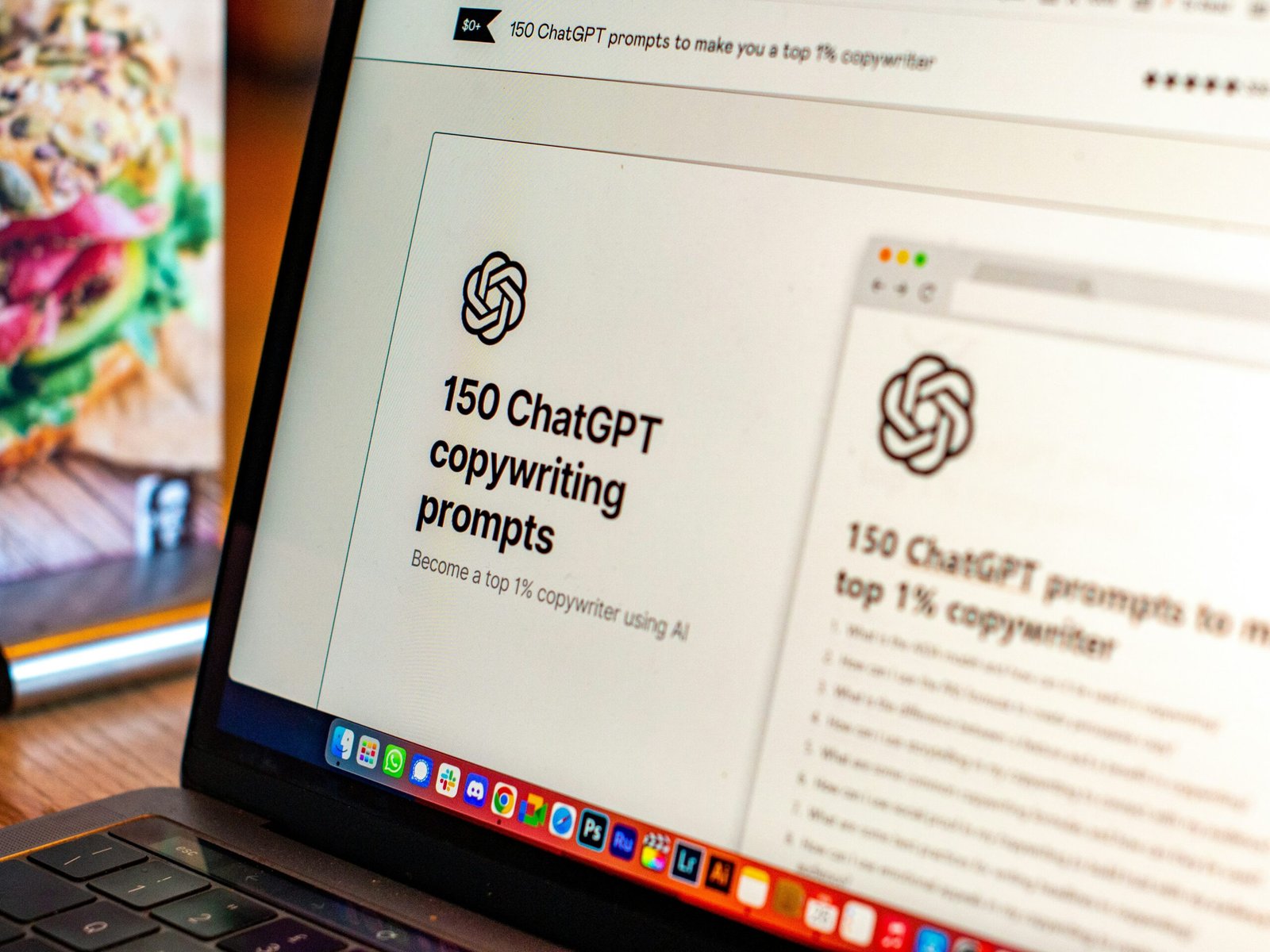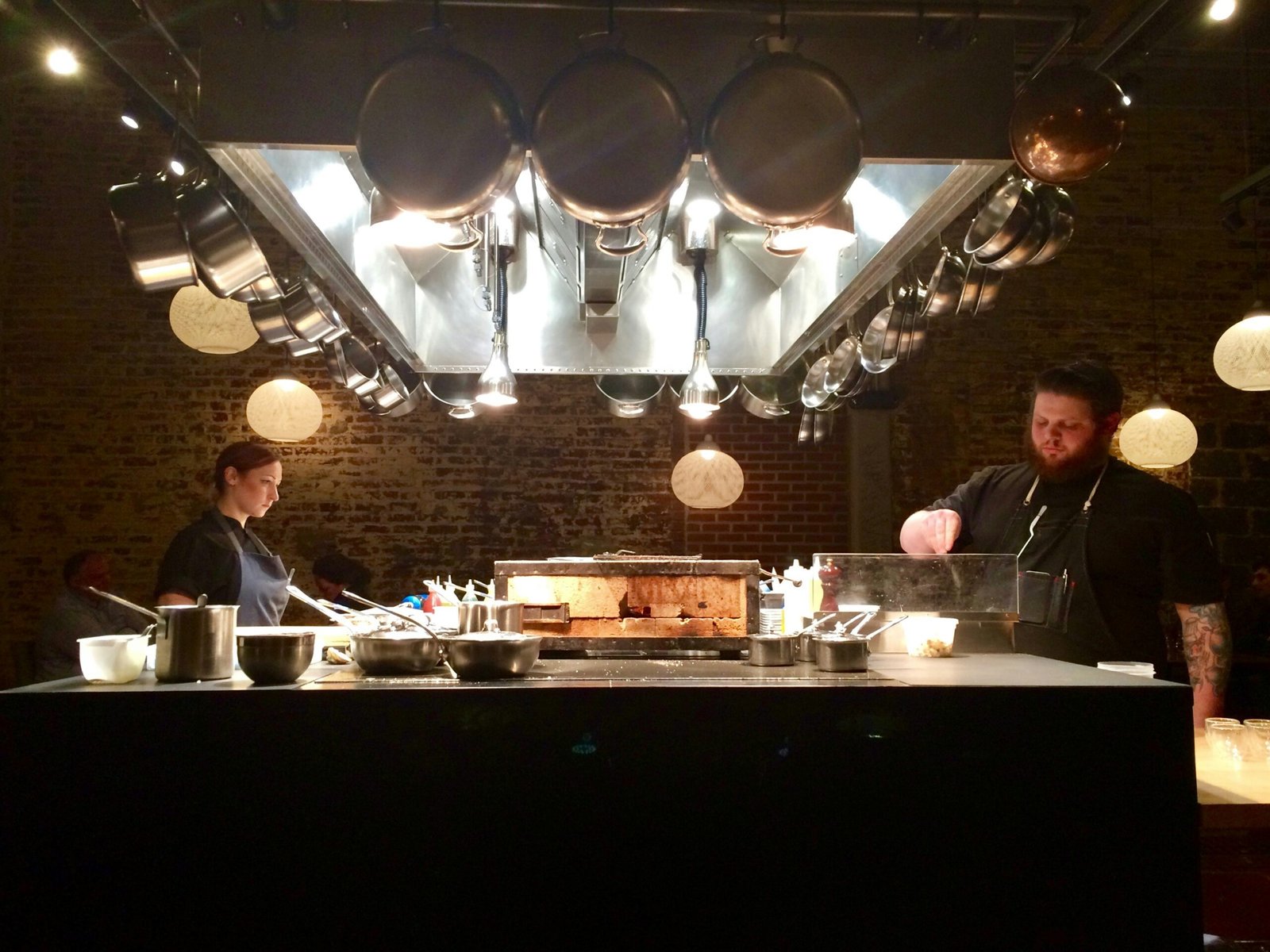Introduction to AI in Culinary Arts
Artificial intelligence (AI) has transformed various sectors, and the culinary arts are no exception. This technology leverages complex algorithms and extensive data analysis to enhance the cooking experience, particularly in personalized recipe recommendations. As our lives become increasingly intertwined with digital technology, AI offers innovative solutions that align with individual tastes, dietary needs, and lifestyle choices. The capability of AI to analyze preferences and suggest recipes tailored to those needs is revolutionizing meal preparation.
Traditionally, individuals relied on cookbooks, family recipes, or food blogs to find ideas for meals. This often involved a considerable amount of time spent browsing through various sources to find an appealing dish. With the advent of AI, however, recipe sourcing has evolved into a more efficient and personalized endeavor. AI algorithms can sift through vast databases of recipes, filtering options based on user input. This shift is particularly beneficial in fulfilling the demands of diverse dietary requirements, such as vegetarian, keto, or gluten-free diets, which can occasionally complicate meal preparation.
The integration of AI does not just streamline the search for recipes; it also encourages culinary experimentation. By analyzing past user interactions and preferences, AI systems can propose combinations of ingredients that users may not have considered, fostering creativity in the kitchen. This data-driven approach allows technology to serve as a culinary assistant, making the cooking process more enjoyable and less daunting.
As we continue to embrace technological advancements, understanding the role of AI in culinary arts is crucial. This verse of innovation provides a glimpse into a future where meal preparation is not only simplified but also personalized to meet the unique tastes and preferences of every individual.
How AI Algorithms Create Personalized Recipes
Artificial Intelligence (AI) has fundamentally transformed the culinary landscape, particularly in the realm of personalized recipe recommendations. At the heart of this revolution lie sophisticated algorithms that effectively analyze user preferences, dietary restrictions, and ingredient availability. The process begins with data collection, which is primarily achieved through user profiles, consented surveys, and extensive ingredient databases. These databases encompass a vast array of food items, encompassing their nutritional values, flavor profiles, and even cultural cuisine associations.
Machine learning techniques play a pivotal role in the personalization process. Algorithms are designed to learn from user interactions, including saved recipes, ingredients used, and historical food preferences. By employing natural language processing (NLP), these algorithms can also understand and categorize recipes based on user-generated descriptions, thereby enhancing the accuracy of recommendations. NLP enables the system to gauge sentiment and preferences from textual feedback, further refining its suggestions.
Another crucial aspect of AI-driven personalized recipe generation is the incorporation of user feedback. Active involvement from users through ratings and comments allows the algorithms to adjust and improve the recommendations continually. For instance, popular applications like Yummly and Whisk utilize machine learning frameworks to adapt to a user’s evolving tastes, suggesting a diverse array of recipes suited to individual preferences over time.
Case studies of successful applications showcase how AI algorithms can bring added value to meal preparation. By analyzing user preferences and leveraging vast datasets, these applications not only provide personalized recipes but also foster healthier eating habits. As culinary needs change, AI stands ready to accommodate, democratizing access to tailored meal planning solutions.
Benefits of Using AI for Meal Preparation
The integration of artificial intelligence (AI) into meal preparation processes offers numerous advantages that significantly enhance the cooking experience. One of the primary benefits is the convenience it provides. AI-driven applications can analyze users’ preferences and dietary restrictions, generating tailored recipes that fit their individual needs. This feature allows users to save time and effort in meal planning, enabling them to focus on enjoying their cooking rather than spending hours deciding what to make.
Moreover, AI contributes to improved meal variety, effectively combating the monotony that often accompanies repetitive eating habits. By suggesting diverse recipes based on available ingredients or previously enjoyed dishes, AI technology ensures that users can explore a wide range of culinary options. A satisfied user shared, “Since using AI for my meal prep, my family has tasted cuisines we never thought we would try! It’s like having a personal chef who knows our tastes.” This highlights how AI enhances culinary exploration and creativity in everyday cooking.
In addition to convenience and variety, AI can optimize nutritional profiles tailored specifically to users’ dietary requirements. By taking into account factors such as caloric intake, macronutrient ratios, and personal health goals, AI-driven tools can formulate recipes that align with optimal nutritional needs. One user noted, “I have specific health goals, and the AI-generated meal plans have helped me stick to a balanced diet without feeling deprived.” This exemplifies the potential of AI to foster healthier eating habits tailored to individual needs.
In essence, the role of AI in meal preparation transcends mere convenience; it enriches the cooking journey with varied recipes and personalized nutrition, empowering individuals to embrace a more enjoyable and health-oriented approach to their culinary routines.
Future Trends in AI and Personalized Cooking
As technology evolves, the synergy between artificial intelligence and personalized cooking is set to revolutionize the way individuals approach meal preparation. One noteworthy trend on the horizon is the advancement of voice-activated cooking assistants. These intelligent systems are increasingly becoming integrated into daily cooking routines, enabling users to interact with their devices hands-free. Users will be able to access personalized recipe recommendations, modify ingredient quantities based on dietary preferences, and set cooking timers through natural voice commands, which enhances convenience in meal preparation.
Furthermore, the integration of AI with smart kitchen devices is another trend gaining momentum. With the proliferation of smart appliances such as ovens, refrigerators, and food processors, AI algorithms can optimize cooking times and temperatures based on the specific recipe inputs. This integration can lead culinary enthusiasts to experiment with new ingredients while the smart devices autonomously adjust settings for optimal results. Such innovations will foster a more personalized cooking experience tailored to individual tastes and preferences, reducing the trial-and-error process traditionally associated with meal prep.
User interfaces are expected to evolve significantly as well, becoming more intuitive and user-friendly. AI-driven applications will rely on machine learning to adapt to users’ cooking habits and preferences over time. By analyzing previous cooking data, these applications will make increasingly accurate suggestions for recipes that align with users’ nutritional goals, dietary restrictions, and culinary tastes. This dynamic interaction between human users and AI systems could potentially inspire enhanced culinary creativity, enabling individuals to explore diverse cuisines with ease.
Moreover, AI’s ability to analyze food trends and nutritional data could play a crucial role in addressing global food challenges, such as food waste and dietary deficiencies. By promoting the use of locally-sourced ingredients and sustainable practices, AI-driven solutions may empower users to make healthier choices while minimizing their carbon footprints. This landscape, rich with potential, promises to reshape personalized cooking and meal preparation significantly.








